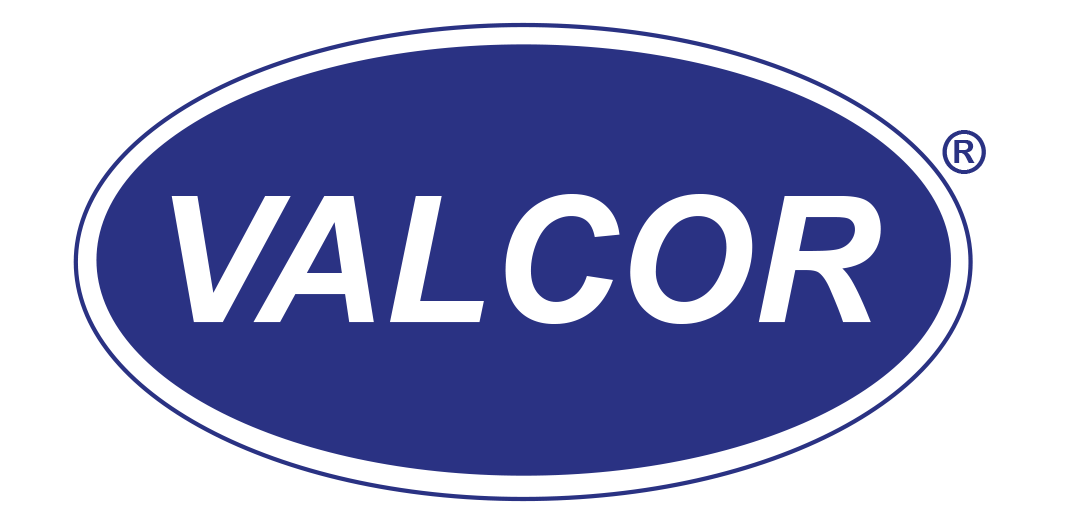Published on: October 21, 2015
By: Valcor Aerospace
Valcor Aerospace: A strong heritage providing value to the Aerospace Industry for over 60 years
Valcor was founded in 1951 in a small industrial loft in Newark, New Jersey, by Morton Kreitchman. The first valve design was a “floating seal” fuel control valve for the aircraft industry. Since that time, Valcor has evolved into a thriving company specializing in fluid control products for Aircraft, Space, Industrial, Scientific and Nuclear applications.
With over 60 years of proven experience in the Aerospace industry, Valcor is always at the top of any buyer’s list for potential suppliers for fluid controls.
An important consideration for any Aerospace company purchasing fluid control devices for their programs is product heritage. Valcor developed its heritage by being an engineering company and working with major players in the aerospace industry. The design and development of cutting edge technology in aerospace takes time, expertise, and strong partnerships. Valcor understood this approach early on and implemented it into their business plan. Valcor integrates our proven valve technology into the next generation of valves, which then can be utilized on the latest space platforms. The connection to our strong heritage is a highly valued attribute by Valcor’s customers.
A Brief History
Valcor products have been used in many major spacecraft and launch vehicle programs over the last 60 years. Valcor hardware can be found on the moon, orbiting around the earth and even in deep space. One of Valcor’s first platforms was the Mercury Program where Valcor supplied a valve in the fuel cell system of the Mercury Capsule. Valcor provided isolation valves for the descent stage engines of the Apollo lunar modules. Cold gas thruster valves were supplied for Skylab.
In the 1980s, Valcor further increased its aerospace design capability with the acquisition of the Aerospace Operations Division of Walter Kidde & Company. This acquisition provided Valcor with engineering talent, as well as an extensive line of secondary propulsion and fluid control components.
Valcor continued building its heritage throughout the 70s, 80s, and 90s. Platforms included feed, drain, and latching valves for the Space Shuttle program, a fast-acting thruster valve for the ERIS missile interceptor, environmental system control valves for the International Space Station, and liquid lithium valves for the SP-100 Spaceborne Reactor.
In the late 90’s Valcor designed and qualified numerous valves for the first and second stages of the Atlas V and Delta IV platforms. These valve designs included pressurization valves, vent & relief valves, and purge valves. Valcor has continued our dominance in the space market by providing a wide variety of valves for other vehicles.
The importance of strong heritage and engineering expertise
Imagine for a moment that you, the customer, have been tasked with creating a space system platform, and you need to procure or design many components for this system. Where do you start? Why not start with a company that has over 60 years of heritage and a talented staff of experienced engineers? Not only does Valcor design and develop innovative fluid control devices, but they understand the complexity and details of the space systems they are integrated into.
Today, Valcor’s heritage aerospace components have applications in Missile Defense ACS, Launch Vehicle Pressurization, Launch Vehicle Fuel and Oxidizer Control, and Spacecraft Propulsion Systems.
The Valcor family of Aerospace fluid control products include:
- Pressurization Valves
- Fill & Drain Valves
- Relief Valves
- Check valves
- Pressure Regulators
- Propellant Isolation Valves
- Thruster Valves
- Accumulators
What does all of this mean to Aerospace companies? Simple…
When you buy from Valcor you are not just buying a piece of hardware, you are considered a Valcor partner, and with that you have access to ALL of Valcor’s resources and expertise.
For more information on Valcor’s history and heritage and how we can work together, contact us here.

Recent Comments